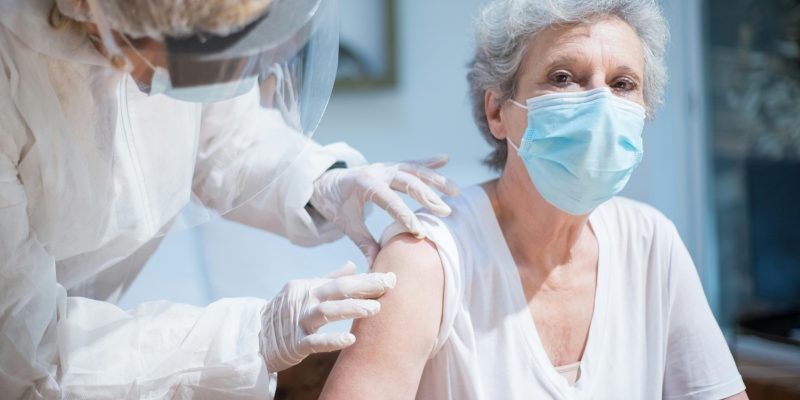Public health relies on vaccines The shingles vaccine is one such vaccine that is available for protection against a painful disease caused by the reactivation of the varicella, or chickenpox, virus. Though the vaccine is an effective preventive measure, side effects might occur in some people. Awareness of these potential responses can empower people to make more informed choices in relation to their health.
Understanding Shingles and the Vaccine:
- Shingles (herpes zoster) is caused by the varicella-zoster virus, the same virus that causes chickenpox.
- Once someone has had chickenpox, the virus lies dormant in the body.
- Shingles can occur if this virus is reactivated years later. Shingles is usually a very painful rash, and, in some cases, it can become complicated by postherpetic neuralgia.
- This vaccine for shingles helps prevent you from getting this illness. That is also advised for seniors, because the risk of shingles increases with age.
- It considerably reduces the risk of an outbreak and can prevent severe symptoms if an outbreak does take place.
Common Side Effects
The shingles vaccine is well tolerated by the majority of people. Nonetheless, certain individuals might suffer from mild adverse reactions. These are self-limited and resolve spontaneously.
- Pain at the Injection Site: The most commonly reported side effect is pain at the site of injection, which can be anything from mild tenderness to greater soreness. It can also reduce swelling with the application of a cold compress.
- Redness and Swelling: A small number of people experience redness or swelling at the site in addition to pain. These symptoms generally disappear after a couple of days. You can usually avoid further irritation by keeping the area clean and avoiding clothing that is tight.
- Fatigue: One of the most common side effects of receiving the vaccine is feeling fatigued or sluggish. This temporary fatigue complies with these norms. This feeling can be relieved by resting and drinking fluids.
- Headache: Following vaccination, one may experience mild headaches. This symptom can be treated effectively with over-the-counter pain relievers. Drinking plenty of fluids and getting yourself some rest may also help in the recovery process.
- Muscle Pain: There are reports from some people of muscle aches after the vaccine. Generally, this discomfort is not serious and mild. By stretching, doing light activity and by keeping moving, you can relieve sore muscles.
- Fever: For example, you may be able to get a mild fever after the shot. This is a normal immune response that goes away in a day or two. Staying hydrated and getting plenty of rest helps reduce the fever.
Less Common Reactions
Most side effects are mild, although some reactions are less common. They are not serious generally speaking but it is something to keep an eye on.
- Nausea: Some people may develop nausea after the vaccine. Staying hydrated while eating light meals can alleviate this symptom. If nausea continues, you should contact your doctor.
- Dizziness: Dizziness and lightheadedness are symptoms that are common at times. Staying put until the sensation fades will save you from falling. However, if the dizziness does not subside, it is essential to see a healthcare professional.
- Chills: Chills without a fever are another response one can experience. It can help to snuggle in a blanket with a warm drink. When chills are associated with other signs, it’s best to consult a doctor.
When to Seek Medical Help
The majority of side effects of the shingles vaccine are mild and short-lived. Nonetheless, though, some of the symptoms could signal for some medical attention.
- Severe Allergic Reactions: Rarely, serious allergic reactions happen. Seek immediate medical attention for trouble breathing, swelling of the face or throat, or a fast heartbeat.
- Prolonged Symptoms: A healthcare provider becomes important when side effects continue for a longer time or escalate. They can serve as a guide for symptom management and holistic well-being.
Conclusion
The shingles vaccine — it protects against a painful, sometimes serious condition. Side effects may occur but are often mild and temporary. It also enables people to make educated decisions about their health by understanding these possible reactions and knowing whenever to find medical attention. When armed with the proper knowledge, the advantages of getting vaccinated outweigh the small temporary discomforts.













Comments